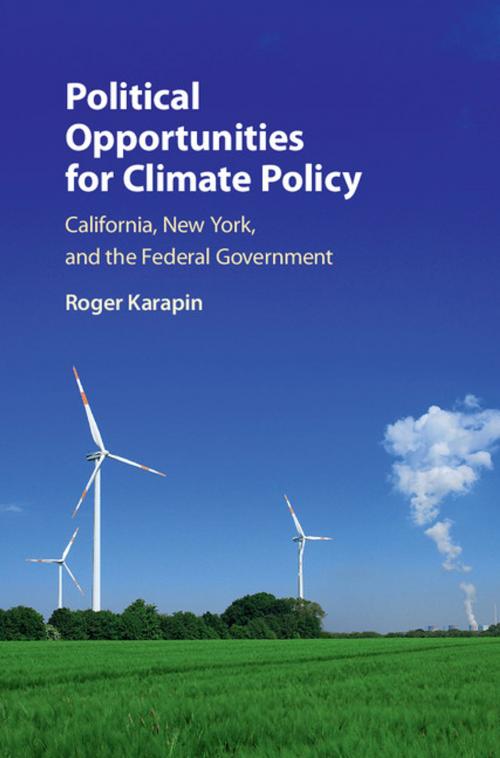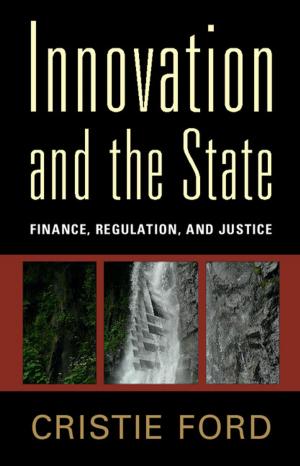Political Opportunities for Climate Policy
California, New York, and the Federal Government
Nonfiction, Science & Nature, Nature, Social & Cultural Studies, Political Science, Business & Finance| Author: | Roger Karapin | ISBN: | 9781316577509 |
| Publisher: | Cambridge University Press | Publication: | April 15, 2016 |
| Imprint: | Cambridge University Press | Language: | English |
| Author: | Roger Karapin |
| ISBN: | 9781316577509 |
| Publisher: | Cambridge University Press |
| Publication: | April 15, 2016 |
| Imprint: | Cambridge University Press |
| Language: | English |
Analysis of climate change policies focuses mainly on the prospects for international agreements or how climate policies should be designed. Yet effective domestic climate policies are essential to any global solution, and we know too little about how and why such policies are adopted. Political Opportunities for Climate Policy examines in depth the causes of effective climate policies in the United States, using a statistical analysis of all fifty states and long-term case studies of California, New York, and the federal government. Roger Karapin analyzes twenty-two episodes in which policies were adopted, blocked, or reversed. He shows that actors and events have positively affected climate policy making, despite the constraints presented by political institutions and powerful fossil fuel industries. Climate policy advocates have succeeded when they mobilized vigorously and astutely during windows of opportunity - which opened when events converged to raise both problem awareness and the political commitment to address them.
Analysis of climate change policies focuses mainly on the prospects for international agreements or how climate policies should be designed. Yet effective domestic climate policies are essential to any global solution, and we know too little about how and why such policies are adopted. Political Opportunities for Climate Policy examines in depth the causes of effective climate policies in the United States, using a statistical analysis of all fifty states and long-term case studies of California, New York, and the federal government. Roger Karapin analyzes twenty-two episodes in which policies were adopted, blocked, or reversed. He shows that actors and events have positively affected climate policy making, despite the constraints presented by political institutions and powerful fossil fuel industries. Climate policy advocates have succeeded when they mobilized vigorously and astutely during windows of opportunity - which opened when events converged to raise both problem awareness and the political commitment to address them.















